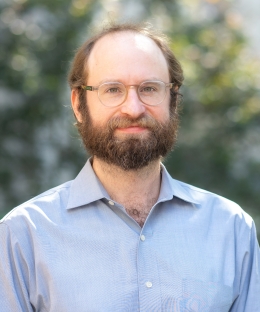
Jeremy Kessler
- Stanley H. Fuld Professor of Law
Ph.D., Yale University, expected May 2024
J.D., Yale Law School
M.Phil., University of Cambridge
B.A., Yale College
First Amendment Law
Administrative Law
Legal History
Constitutional Law
National Security Law